LATEST INSIGHTS
Your Present Location: LATEST INSIGHTS-
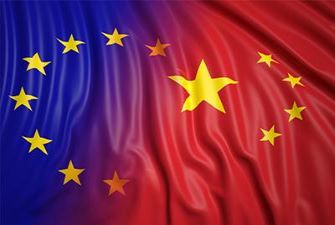
Cooperation or competition – a look at the future of China-EU ties
On Monday, Chinese Foreign Minister Wang Yi attended the ninth China-European Union High-Level Strategic Dialogue. The foreign minister later said that there will be more cooperation, stability, and connectivity in the world as China strengthens its ties with the European Union.
2019-03-22 -

Boeing crisis will not be a barrier in Sino-U.S. deal
The eighth round of Sino-U.S. high-level trade consultation talk is expected to be held in Beijing on March 28-29. A U.S. delegation led by U.S. Trade Representative Robert Lighthizer will fly to China to further discuss trade issues with the Chinese side. Chinese Vice Premier Liu He has been invited to the U.S. for the ninth round of talks in early April, said Chinese Ministry of Commerce spokesperson Gao Feng on Thursday.
2019-03-22 -
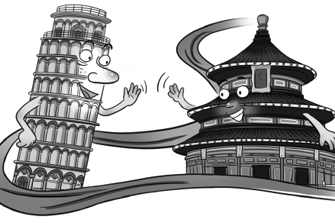
BRI a new source of growth for EU
President Xi Jinping is paying a visit to Italy, Monaco and France from March 21 to 26. During his visit to Italy, Beijing and Rome are likely to sign a memorandum of cooperation under the Belt and Road Initiative despite the efforts of the United States to prevent Italy from joining the BRI. What has prompted Italy to join the initiative? And will other major European countries follow Italy's example to join the initiative? Five experts share their views on the issue with China Daily's Liu Jianna.
2019-03-22 -
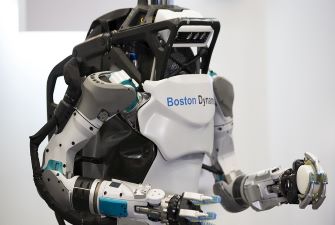
From AlphaGo to Atlas: The warning signs
Last year, MIT's Cheetah 3 robot attracted widespread concern around the world. MIT's Cheetah 3 robot can now leap and gallop across rough terrain, climb a staircase littered with debris, and quickly recover its balance when suddenly yanked or shoved, all while essentially blind.
2019-03-22 -

Chen Dingding: China’s “Two Sessions” this year cast a special light on artificial intelligence
In reporting in China on the country’s “Two Sessions,” a new anchorwoman “Xin Xiaomeng” was seen. She is a virtual anchor created through the application of artificial intelligence technology.
2019-03-21 -
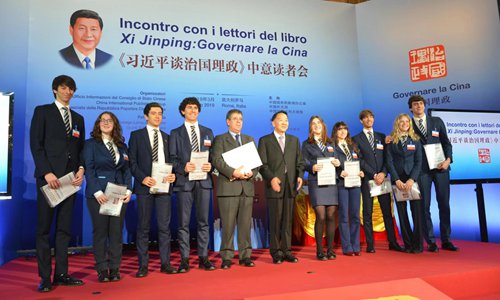
President Xi’s visit to explore space for co-building B&R Initiative
Chinese President Xi Jinping's upcoming visit to Europe from Thursday to Tuesday will inject new impetus to the China-Europe relationship, explore new space for the co-building of the Belt and Road Initiative (BRI), and make a new contribution to world peace and development, said a senior official of the Chinese Foreign Ministry on Wednesday.
2019-03-21 -
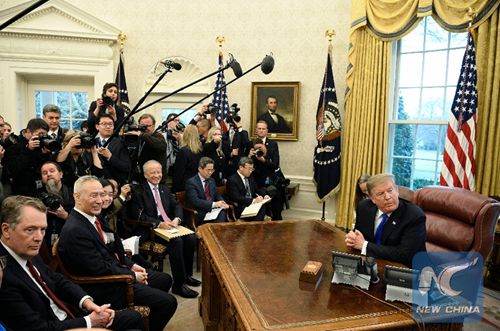
China, US should focus on ‘content of deal’
As Chinese and US officials appear to be racing for an agreement to end their trade war, Chinese analysts urged the two sides to focus more on the content rather than any artificial deadline to ensure a final deal would be equal and fair to both sides.
2019-03-21 -
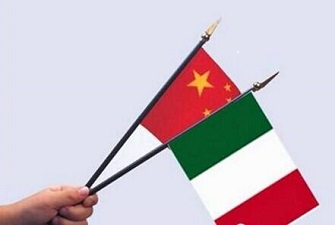
Ding Gang: Chinese investment can uplift Italian ports
The former residence of Marco Polo in Venice has been a must-see for Chinese tourists. This Venetian, who was born on September 15, 1254, is the most familiar Italian name to Chinese. He came to China with his father and uncle via the Silk Road in 1271. The Travels of Marco Polo has had profound influence.
2019-03-21 -

William Jones: China's experience helps transform an African desert into a garden
With the upcoming visit of Chinese President Xi Jinping to Italy, there will no doubt be some discussion of cooperation between the two nations on the African continent. For Italy, helping to resolve the dire economic situation in Africa is both a humanitarian and an economic concern. The devastated economy in many African countries is bringing more and more refugees to Italy's shore, and the burden is taking its toll on the Italian economy. For China, Africa has always been a particular concern having shared in the condition of underdevelopment for so many years. Even when both were clearly developing countries, China offered its assistance to its African brothers.
2019-03-20 -

Italy’s plan to join BRI aims to build multiple gateways between Asia and Europe
Italy is set to sign a memorandum of understanding with China on cooperation within the framework of the China-proposed Belt and Road Initiative (BRI). The move will have profound impact and be of great significance to both countries.
2019-03-20 -
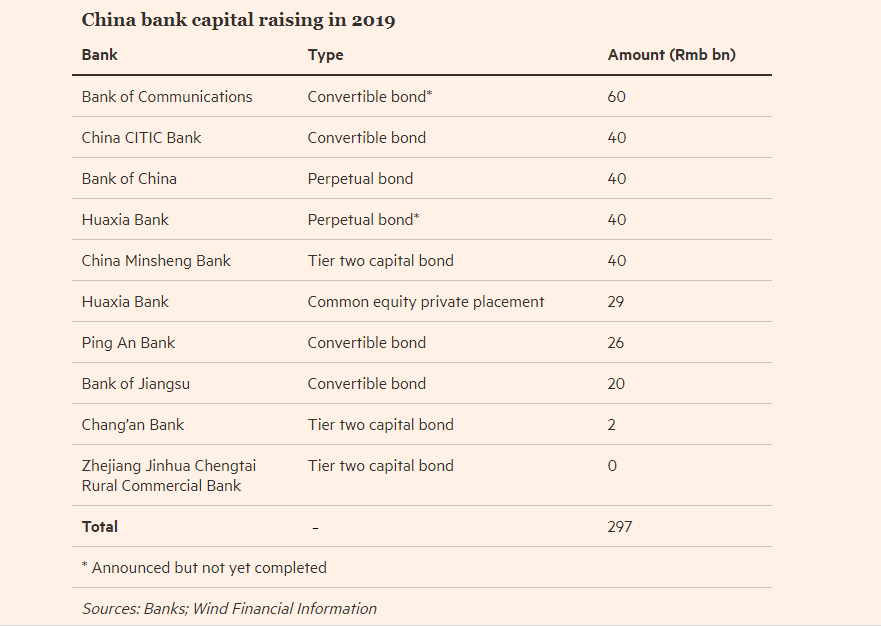
China banks face huge capital hole as stimulus spurs lending
Listed Chinese banks will need to raise about $260bn in fresh capital over the next three years as regulations force shadow-bank loans back on to balance sheets and global rules on systemically important groups impose extra requirements on the largest lenders.
2019-03-20 -
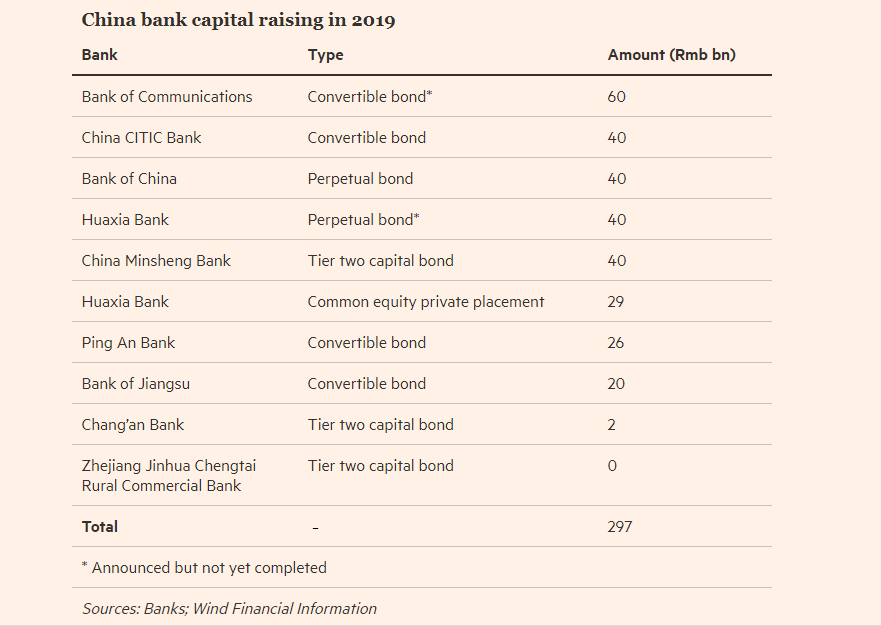
China banks face huge capital hole as stimulus spurs lending
Listed Chinese banks will need to raise about $260bn in fresh capital over the next three years as regulations force shadow-bank loans back on to balance sheets and global rules on systemically important groups impose extra requirements on the largest lenders.
2019-03-20 -
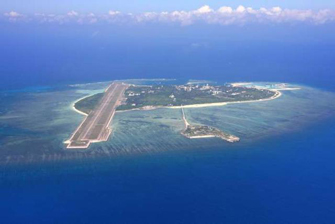
Long Xingchun: US-Japan-India-Australia alliance stillborn
According to The Associated Press, Admiral Phil Davidson, head of the US Indo-Pacific Command, suggested in Singapore earlier this month that a loose security grouping of US, Japan, Australia and India, which is known as the Quad, may be shelved for now, as Indian navy chief Admiral Sunil Lanba "made it quite clear that there wasn't an immediate potential for a quad."
2019-03-19 -
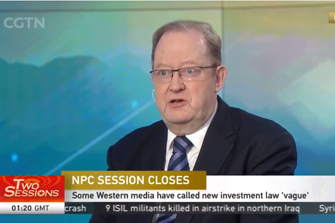
RDCY senior fellow John Ross comments on the closing session of NPC
The Second Session of the 13th National People's Congress (NPC), China's top legislature, concluded on March 15 at the Great Hall of the People. John Ross, senior fellow of Chongyang Institute for Financial Studies at Renmin University of China (RDCY), was interviewed by CGTN, commenting on the closing session of the NPC.
2019-03-19 -
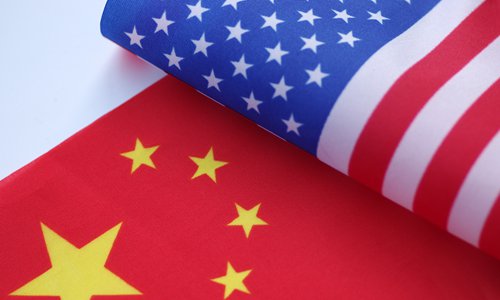
Clear timeline for China-US talks remains hard to predict
According to He, although the talks have reached the final stage, the final steps can be extremely difficult as they involve the issues that are the most difficult to agree upon, including contract enforcement.
2019-03-19 -
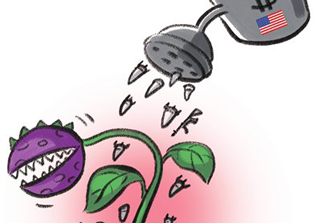
Zhao Minghao: US defense budget points to vaulting ambitions from ‘America First’ to ‘Military First’
Spending on defense accounts for about $750 billion out of a total budget outlay of $4.6 trillion proposed recently by US President Donald Trump. Apart from related expenses allocated to agencies such as the US Department of Energy, the Pentagon will get $720 billion in this budget - an increase of around $3.3 billion over fiscal year 2019.
2019-03-19 -
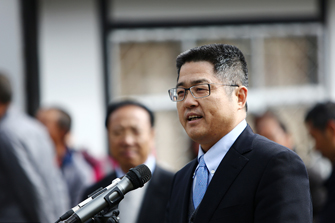
Transcript of Vice Foreign Minister Le Yucheng's exclusive interview with the Financial Times
On Sept 10, 2018, Vice Foreign Minister Le Yucheng sat down with Jamil Anderlini, the Asia Editor of the Financial Times, for an exclusive interview.
2019-03-18 -

Wang Yiwei: Responding to misgivings about the Belt and Road Initiative
The Belt and Road Initiative (BRI) stands for the Silk Road Economic Belt and the 21st-Century Maritime Silk Road.
2019-03-18 -
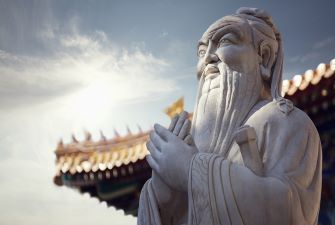
U.S. doubts on Confucius Institute "part of ongoing China vilification"
A long bell has been ringing on China's soft power. In a recent interview with Fox News, U.S. President Donald Trump's national security adviser, John Bolton, said China is on an attempt to use think tanks and non-profit organizations to influence opinion in the U.S. and Australia, and the move "is far greater in magnitude than any other foreign effort we have seen in history."
2019-03-18 -
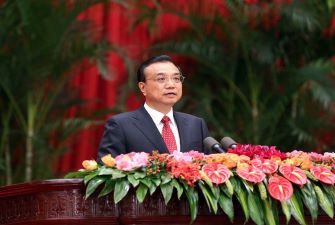
Li's upbeat message is seen as sign of new confidence
Premier Li Keqiang said the Chinese economy continues to provide vital support to the global economy despite concerns of a slowdown.
2019-03-18
























































































 京公网安备 11010802037854号
京公网安备 11010802037854号





